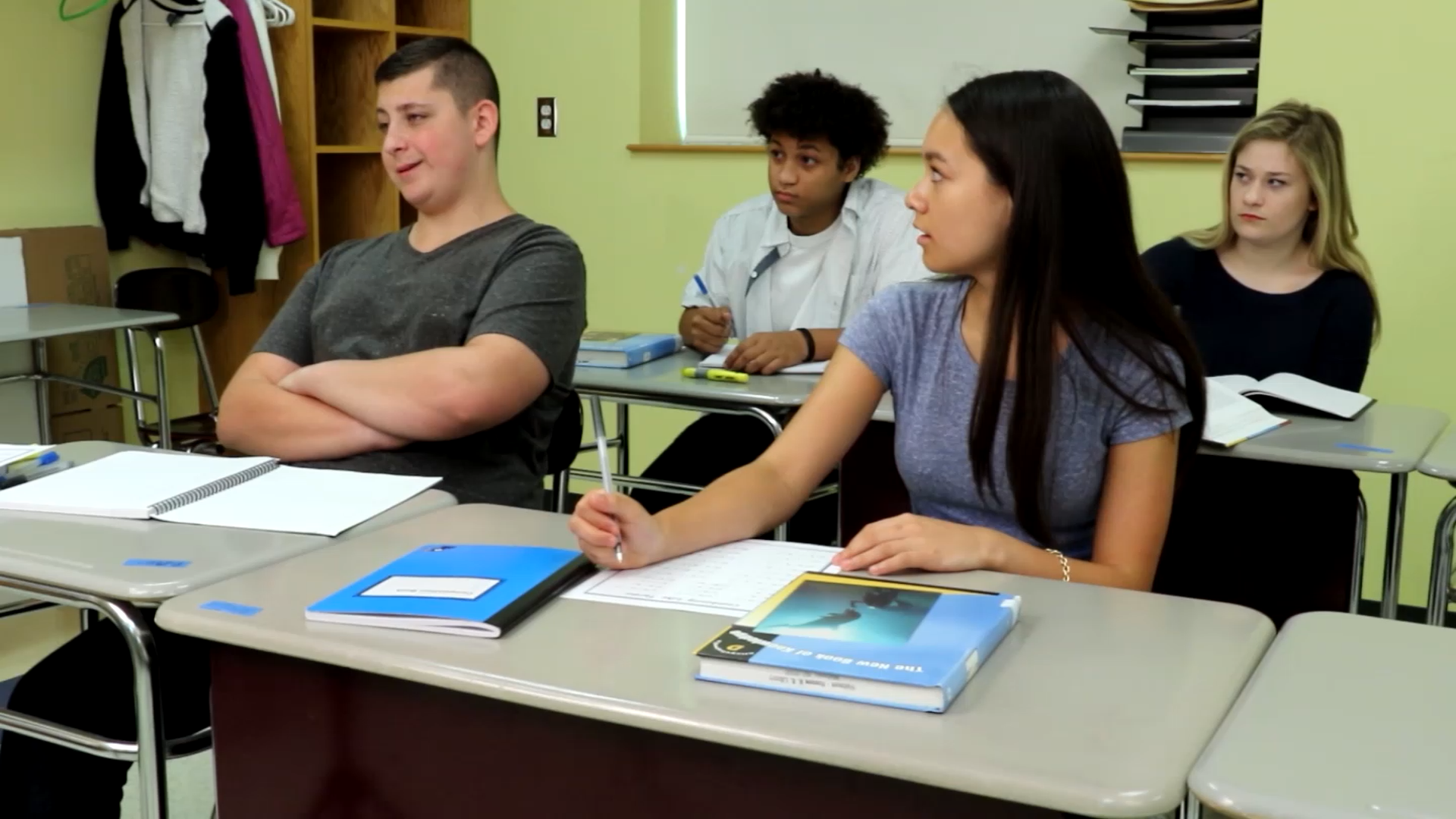Introduction
In special education settings, it is crucial to teach students the value of showing respect to adults, such as their teachers and other school staff. Respect can be demonstrated through active listening, following directions, and appropriate verbal and non-verbal communication. This includes using respectful language and maintaining a polite tone of voice. By incorporating principles of Social-Emotional Learning, educators can help students develop these important skills for success in school and beyond.
No-Prep Activity: The Respectful Tone Game
This activity requires no preparation or materials from the educator, making it easy to incorporate into any lesson. The purpose of this game is to help students practice using a respectful tone of voice when speaking to adults.
- Ask the students to sit in a circle.
- The educator starts by saying a simple phrase (e.g., “Please pass the pencil”) in a respectful tone of voice.
- Going clockwise, each student repeats the phrase, trying to mimic the respectful tone of voice used by the educator.
- After each student has had a turn, the educator can introduce a new phrase or situation for the students to practice with.
- Students can also take turns suggesting phrases or situations for the group to practice.
During the activity, the educator should provide feedback and guidance to help students develop an understanding of what a respectful tone of voice sounds like.
Discussion Questions
- Why is it important to use a respectful tone of voice when speaking to adults at school?
- How do you think your teacher and classmates feel when someone uses a disrespectful tone of voice or language?
- What are some examples of phrases or situations where you can practice using a respectful tone of voice?
- How can you remind yourself to use a respectful tone of voice in your everyday interactions at school?
- What are some strategies you can use to stay calm and maintain a respectful tone when you feel frustrated or upset?
Related Skills
Teaching respect and tone of voice in special education settings also supports the development of other essential skills, such as:
- Active listening
- Empathy
- Self-regulation
- Conflict resolution
- Effective communication
Next Steps
Now that you have learned about the importance of teaching respect and tone of voice in special education, we encourage you to explore additional resources and activities to support your students’ Social-Emotional Learning journey. Sign up for free samples of skill-building materials and other helpful resources at Everyday Speech to further enhance your students’ learning experience.






